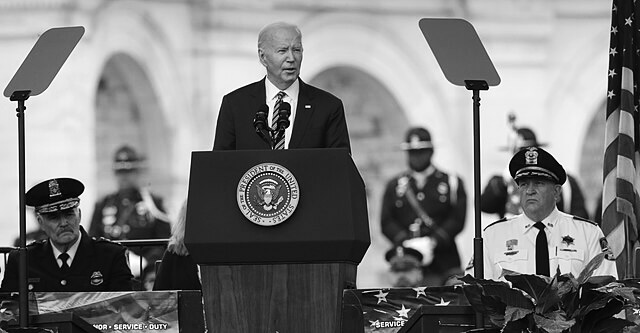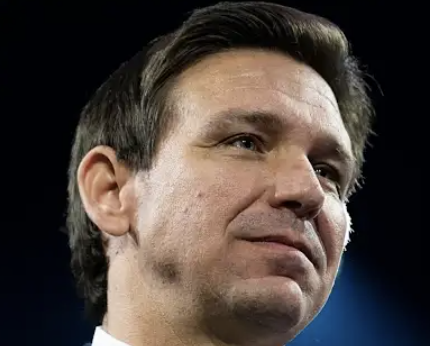The U.S. Needs to Increase Revenues and Decrease Spending
The brewing debt crisis in the United States is entirely preventable. The debt ceiling must be raised to avoid disastrous impacts on the nation’s economic stability, while federal budgeting must be restructured to effectively utilize and maximize revenues, creating a stable fiscal plan to steadily offload public debt.
By increasing revenues and decreasing spending, the United States will be able to emerge from the debt crisis as a reformed nation.
Currently, the United States runs a $2.8 trillion deficit. This is a massive problem. Current revenues, totaling $4 trillion, are raised through taxes and other government-imposed fees and do not provide the state with sufficient funds to finance its mandatory spending. Mandatory spending includes paying off interest, Social Security, Medicare, Medicaid, payroll for federal employees and other government-provided social programs. Because mandatory spending is not fully covered by national revenues, discretionary spending is financed exclusively by the national debt. Discretionary spending –– from defense to infrastructure to education –– relies on the United States continuing to take on debt. Spending at such an extreme deficit, however, is not a sustainable practice.
Many plans have been suggested to alleviate the debt. In 2010, for example, former President Barack Obama created the National Commission on Fiscal Responsibility and Reform, which then developed the Simpson-Bowles plan. The plan, created by business and labor leaders in collaboration with Congress, aimed to stabilize the debt, phase out deficit spending and reform the budget and revenue systems. The plan seeked to reform the tax code to more effectively gather revenue. It also called for Social Security reform by increasing taxes on the wealthy. While the Simpson-Bowles report may not have been the ideal course of action, it set into motion a series of additional plans addressing national debt introduced by various reputable think tanks, such as the American Enterprise Institute, American Action Forum and the Progressive Policy Institute. These organizations created their own initiatives as potential remedies to the debt crisis. Their suggestions differed in approach but all stipulated decreased spending coupled with increased revenue procurement. The plans ranged from increasing the income tax to eliminating tax code loopholes and increasing corporate tax.
Taking these proposals into consideration, the most effective method of combating the debt crisis is to balance the budget by targeting specific budget areas and revenue sources. To maximize revenue, Congress should pass legislation closing loopholes that enable the wealthy to evade taxes. Similarly, reversing the tax cuts implemented through the Tax Cuts and Jobs Act would increase net revenue by taxing all but the lowest two tax brackets. Additionally, a carbon tax should be implemented in proportion to the amount of carbon dioxide emitted. The American Action Forum suggests a tax of $20 per ton of CO2 emitted. However, this ratio is overly forgiving, especially during an international climate emergency and debt crisis, and a tax of $25 per ton would be more suitable. In terms of budget, the Social Security system could be modernized by granting full benefits at the age of 65, as suggested by the American Enterprise Institute. Social Security was originally created in the 1930s when Americans lived to their mid-60s and the nation had a much younger population. Now, as the American population grows and life expectancy increases, Social Security benefits cannot be relied upon to support seniors for 20 to 30 years. Cutting these years of Social Security will not only alleviate social security’s dire financial situation but also help combat the debt crisis.
By increasing revenues and decreasing spending, the United States will be able to emerge from the debt crisis as a reformed nation. Not only will efficient, targeted spending alleviate debt, but it will also spur further development. To reduce debt, the nation will have to run on a balanced budget for decades, maintaining a strict and effective system of raising funds. Fortunately, the necessary adjustments are a fairly simple solution to a complex financial problem.
Your donation will support the student journalists of Sidwell Friends School. Your contribution will allow us to purchase equipment and cover our annual website hosting costs.























































